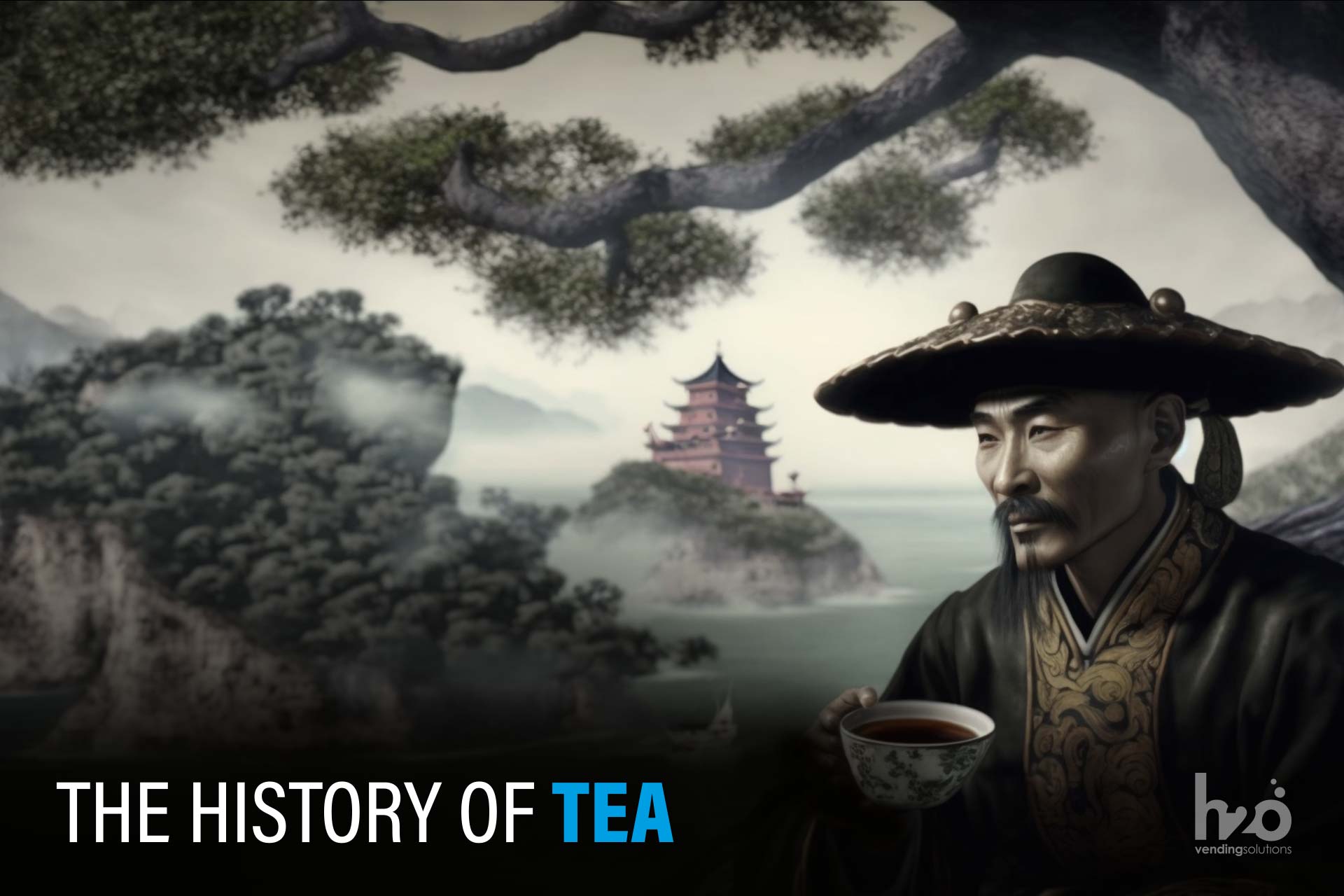The history of tea
Tea is a beloved beverage that has a rich and diverse history around the world. The origins of tea can be traced back to China, where it was first discovered in 2737 BC. According to legend, the Emperor Shen Nung was sitting under a tree while his servant boiled water. Some leaves from the tree blew into the water, and the Emperor decided to try the resulting infusion, which turned out to be tea.
From China, tea spread to other parts of Asia, including Japan, where it became an important part of Japanese culture. It wasn’t until the 16th century that tea was introduced to Europe, where it quickly became a popular luxury item. Tea was also taken to the United States in the 17th century and became a staple of American culture.
Today, tea is grown and consumed all over the world, with major tea-producing countries including China, India, Kenya, Sri Lanka, and Turkey. India is the largest exporter of tea in the world, followed by China and Kenya.
Many tea-producing countries are Rainforest Alliance certified, meaning that the tea is grown and harvested in an environmentally sustainable and socially responsible manner. This certification ensures that the workers who harvest the tea are treated fairly and that the surrounding ecosystems are not harmed by the production process.
Tea production is also an important source of income for many communities around the world. In many tea-producing countries, small-scale farmers rely on tea production as a means of supporting themselves and their families.
The invention of the tea bag in the early 20th century revolutionised the way people consumed tea. The first tea bags were made of silk, but today they are typically made of filter paper. It is said that at first, the tea bag was invented not as a method of straining tea leaves but to transport it to sales pitches easily. Tea bags are convenient and easy to use, making them a popular choice for tea drinkers around the world.
H2O Vending Solutions, a leading provider of hot drinks vending machines in Birmingham, uses PG Tips leaf tea as the standard in all of their machines. PG Tips is a popular brand of tea in the United Kingdom and is known for its high quality and rich flavour. It is important to note that freeze-dried tea should not be used in vending machines, as it can result in a lower-quality beverage.
The world tea market is worth billions of dollars, with millions of cups of tea consumed each day. Tea is a popular beverage for people of all ages, and research has shown that it can have a number of health benefits, including reducing the risk of heart disease and certain types of cancer.
In conclusion, the history of tea is a rich and fascinating one that spans centuries and continents. Today, tea is an important part of many cultures around the world and is enjoyed by millions of people each day. As consumers, it is important to support environmentally sustainable and socially responsible tea production practices, and to choose high-quality tea brands like PG Tips.


